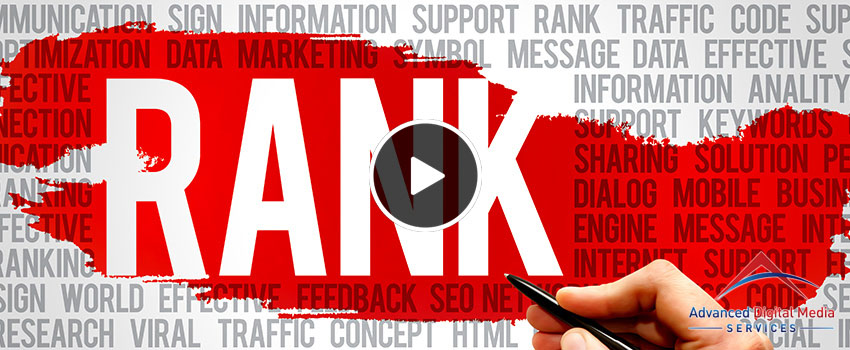PageRank is the one element that has allowed Google to become the biggest and most effective search engine on the entire planet. Of course, the original Google PageRank existed in a different form than the one used now. Understanding PageRank history matters because it can help today’s marketers understand the importance of mastering the newest tools that enable one to measure their own websites’s ranking.
Larry Page and Sergey Brin, created the concept of PageRank in 1996. Two years later, they created the first prototype of what would become Google’s driving force for determining search results. PageRank was the tool that could measure each web page’s value. It would assign each page a score between 0 and 10, using incoming links. PageRank’s creators reasoned that an incoming link was the equivalent of an endorsement. If a page received a link from a source rated higher than itself, Google would assign the lower ranking page a higher score. Incoming links are still relevant today with respect to the score that Google assigns a web page.
Misconceptions About PageRank in SEO
There are a lot of people, even marketers, who hold the opinion that PageRank may be a metric that is too old to carry weight. True, it faded from public access in 2016, but there is something extremely important to consider. PageRank was the cornerstone of the entire Google ranking system. Google designed it to help users find the most relevant information possible. By every account, nothing has changed in Google’s original mission.
There is a misconception that Google does not give PageRank much weight because they stopped updating it. The thing to remember is that just because something is no longer publicly available does not mean that it is not still in use. PageRank has not lost its value. Google PageRank has always been closely tied to linking. Relevant inbound and outbound links will always be a major player in how well a website ranks.
Perhaps the biggest misconception is that marketers cannot influence their Google PageRank score. The truth is marketers can do a lot to boost their own PageRank scores. Google has evolved a great deal along with the factors that help determine how websites rank.
How to get a higher Google page rank?
1. A good way to help boost rank scores is to link to high-quality sites. Just make sure that your link is a valid one. Be careful not to send too many links to the same site. Linking to too many sites with less link juice than yours can cause Google to ding your site.
2. Link to relevant blogs, articles, and websites. This type of linking can help establish you as an expert in your field. People will view your information as more valuable.
3. Write content that is unique and substantive for your website. Google will always favor those sites with the most relevant content. Relevant content should also be highly informative so that it can ignite visitor interest.
4. Always keep your focus on keywords and their usage. While keywords are not quite the major ranking factor they used to be, they are still important in helping establish what your site is all about.
5. A strong social media footprint is always prudent. Twitter, Facebook, and Instagram are among the most influential social media platforms. Social media campaigns can help boost favorable search results and increase the website’s authority.
6. Since Google prefers site owners to put dates on their posts, it makes sense to keep writing fresh content. People look at dates on articles and blogs. The more recent the date, the greater the likelihood they will click on the content.
Pay Close Attention to These Important Ranking Factors
There is a long list of ranking factors to consider. We can share several. Google PageRank algorithms are constantly changing to keep everyone guessing and honest. These days, it is far more difficult to game the system. Google always keeps the user experience foremost in mind.
Here are several of the most important ranking factors to keep in mind:
- Always optimize content for search. Good SEO makes it easier for visitors to find your website in a crowd. It can also establish your site as a source of authority.
- Sites that are not mobile-friendly simply cannot compete. People search for products and services on their mobile devices and they search on the move. Google holds accountable those sites that are not mobile-friendly.
- Your website should be accessible while offering a secure environment. A domain and URL’s age are also critical for establishing SEO page rank.
- Technical SEO is another important factor. Marketers should do everything they can to make it easy for search engine spiders to crawl and index data.
- Social signals include website visibility, likes, and shares. Social signals can play a pivotal role in SEO page rank as well.
Staying abreast of all the changes can be a huge challenge for marketers and website owners. This is why it makes sense to turn to the experts for help. Advanced Digital Media Services offers premier SEO services. We can remove the SEO guesswork and provide companies with a road map to gaining higher Google page rank scores!





